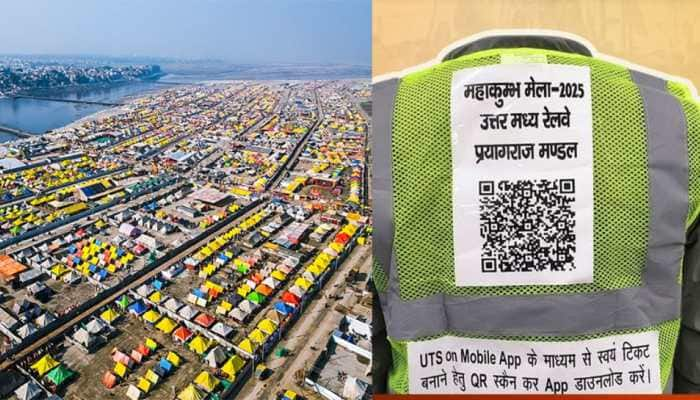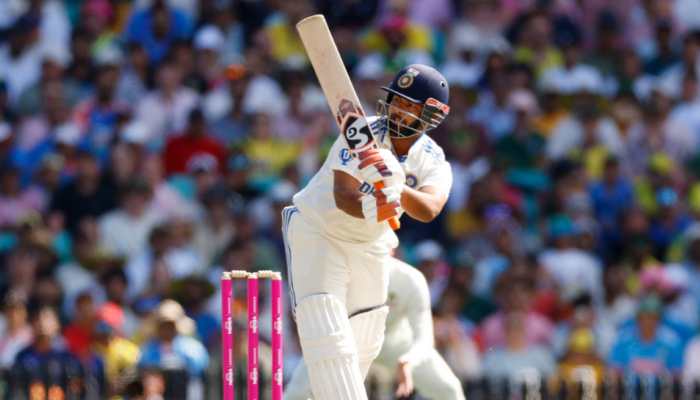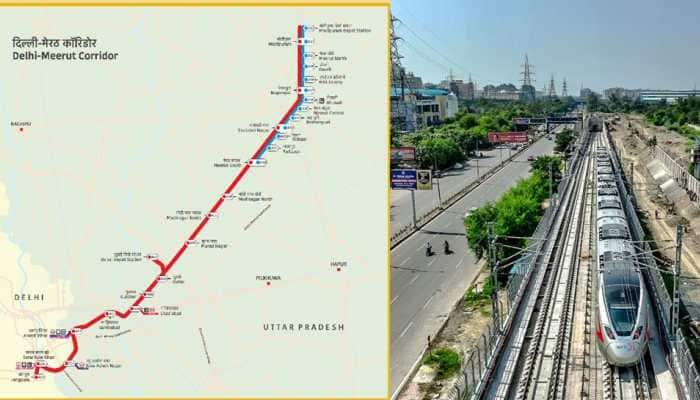India a land of many centuries: Lynchings exist side-by-side with the modern
we have industrial hubs, cosmopolitan pockets, metropolitan cities, metrosexual men, emancipated women, and instances of lynching. Many centuries also live in India, some of them making all of us uneasy.
Trending Photos
)
Veteran actress Shabana Azmi recently said that India is living in many centuries in different parts of the country simultaneously. She is right: we have industrial hubs, cosmopolitan pockets, metropolitan cities, metrosexual men, emancipated women, and instances of lynching. Many centuries also live in India, some of them making all of us uneasy.
Since May 10, there have been at least 16 reported cases of lynching, coming from all states, whether it is the backward Tripura or industrialized Maharashtra. As many as 22 men, women, and a transgender have lost their lives. Many a lynching was triggered by rumours about child abductors. What on earth is happening?
Perhaps lynching has not suddenly erupted in our country; perhaps it has always been there all along, and it is only now that it is being widely reported. Whatever may be the case, the fact remains that lynchings happen in our country; and this is unacceptable in this day and age.
The need of the hour, therefore, is improvement in the general law-and-order situation and the instillation of the fear of and respect for law in the hearts and minds of the wayward. Those who get away with crime, and those who think that they can get away, can be made to behave themselves only enhancing the cost of wrongdoing. And this is not possible without police and judicial reforms.
Unfortunately, our political masters are least interested in any reforms. When was the last time that you heard political parties fighting elections, or even discussing, the ways and means of improving the justice system? You can't remember, because it never happened in the past. So, unsurprisingly, few remember the Second Administrative Reforms Commission, headed by Congress leader Veerappa Moily, that prepared 15 reports, the last of which came out in April 2009. Newspersons reported about these reports; editorialists wrote scholarly edits and articles on the subject; and that was the end of it.
Even today, in the wake of so many lynching cases, the government is keener on shifting the blame rather than doing something meaningful to make the lives of people safer. It has found the culprit in the social media. So, on Tuesday, the government directed WhatsApp to adopt measures to prevent the spread of "irresponsible and explosive messages." The social media platform cannot evade its responsibility, the government claimed. The US-based social media firm responded, saying that fake news, misinformation, and hoaxes can be checked by the government, civil society, and technology companies working together.
On its part, the Home Ministry issued an advisory, urging all states and Union Territories to "keep a watch for early detection of rumours of child lifting and initiate effective measures to counter them." A Home Ministry spokesperson said, "The Centre has asked the states and UTs to take measures to prevent incidents of mob lynching fuelled by rumours of child lifting circulating on social media." The Centre has also asked states and UTs to direct district administrations to identify vulnerable areas and carry out community outreach programmes for creating awareness and building confidence.
One hopes that these directives would improve the situation, but there is still no initiative to improve the overall administration and the justice system.
It is not that the government is flatfooted, while the Opposition and civil society are burning the midnight oil to make things better. Consider the contempt petition filed by Congress activist Tehseen Poonawalla. It said that despite a Supreme Court order to states to stop lynching cases and violence by cow vigilantes, the crimes continued unabated.
A Bench led by Chief Justice Dipak Misra heard the case and said that it is the obligation of states to see that such crimes are prevented. Nothing unexceptional about it.
But the petitioners seemed more interested in making political statements. "Despite your order to the states to appoint nodal officers to prevent such incidents, recently there was a lynching and death just 60 km away from Delhi," senior advocate Indira Jaising submitted. She claimed that lynching cases went "beyond the description of law and order... these crimes have a pattern and a motive. For instance, all these instances happen on highways. This court had asked the states to patrol the highways."
The CJI responded, "Let us not confine ourselves to any pattern or motive... All these incidents are instances of mob violence."
Very wise observation indeed, but it means little to the people like Poonawalla and Jaising. For they are not more interested in showing the ruling party in a bad light than ending vigilantism.
With the political class apathetic to reform the justice system and civil society activists pursuing their own agendas, one can't be very optimistic about the foreseeable future. The boast of making the 21st century the Indian century may remain just that-a boast. For a country cannot be a world leader if it can't check something as barbaric and primitive as lynching.
India may continue to live in many centuries.
(Ravi Shanker Kapoor is a journalist and author. He has spent around 25 years in the media. As a freelance journalist, Kapoor has written for a number of leading publications. He has written four books on Indian politics and its associated institutions.)
(Disclaimer: The opinions expressed above are the personal views of the author and do not reflect the views of ZMCL.)
Stay informed on all the latest news, real-time breaking news updates, and follow all the important headlines in india news and world News on Zee News.
Live Tv







)
)
)
)
)
)
)
)
)
)
